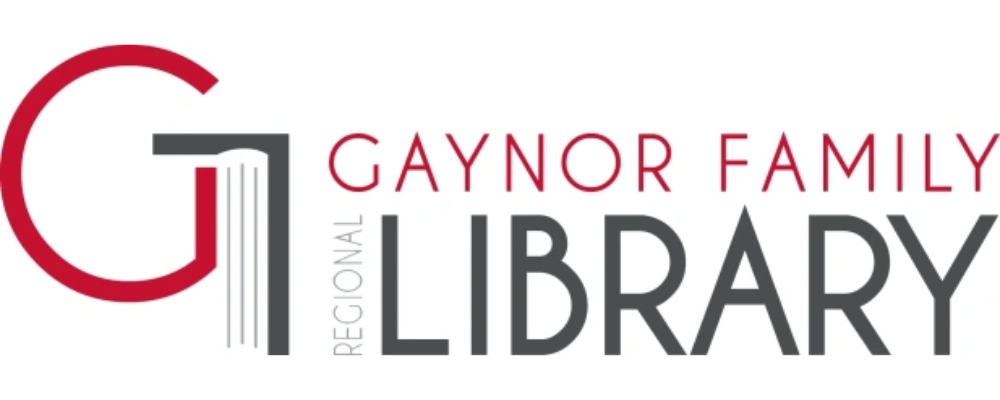Codelist Issue 65 for ONIX 3.0 has been released.* Complete listings of the ONIX codelists can be downloaded from the EDItEUR website.
Issue 65 stand-alone codelist documentation as a readable PDF or HTML file (open and read it in your web browser)
Issue 65 TXT, CSV, XML, JSON files for loading into your data management applications
Issue 65 XSD, RNG, DTD schema modules for use with existing XML schema files (but note that it's better to download the latest 3.1 schemas since they incorporate a couple of small improvements as well as the new Block 8)
The ‘strict’ XSD 1.1 with Issue 65 (the strict XSD must be updated each time there is a new issue of the codelists, as it includes some codelists within the XSD itself)
The online browser for the ONIX code lists at ns.editeur.org/onix has been updated to issue 65
Need help finding and using the documentation? Read this.
It should go without saying that everyone should review the document summarizing the changes and update their systems, but we've highlighted some changes of particular note for you below.
List 17 – Contributor role
Advocated for by BookNet and endorsed by the Canadian National Bibliographic Committee, the following codes (among others) have been added to reflect considerations expressed in the late Dr. Gregory Younging’s Elements of Indigenous Style: A Guide for Writing By and About Indigenous Peoples:
A28 “Interpreted through”: Use with narratives drawn from an oral tradition, where no ‘ownership’ of the narrative is claimed. See also B33 (Transcribed by).
B33 “Transcribed by”: Or, ”as told to”. Use with narratives drawn from an oral tradition, and with B03 (Retold by), B07 (As told by) or A28 (Interpreted through).
Our peer at the BTLF, Isabelle Gaudet-Labine, presented an excellent example of this in practice, inspired by a recent CBC article (translation generated by Google Chrome):
If I have a problem and I go to see an elder, very often he or she will not answer my question, but will instead tell me a story, says Aimée Craft. I will interpret it in my own way and think about the choice of the elder who chose to tell me this story. Oral tradition is alive and subject to interpretation.
In this example, Gaudet-Labine rightfully attributed the following roles to an example where Métis and Anishinaabe lawyer and professor Aimée Craft were to take the story told by an Elder and publish it into a book:
B03 retold by: Elder
A28 Interpreted through: Aimée Craft OR B33 Transcribed by, or as told to: Aimée Craft
List 24 – Extent unit
One that will appeal to those who appreciate the ability to identify extent in varying ways, code 31 for “chapters“ has been added to indicate precisely that: the number of chapters (or other similar subdivisions) of the content.
List 139 – ONIX retail sales outlet IDs
An opportunity to prove to your kids that TikTok is officially over, code TIK has been added to refer to TikTok’s in-app store.
List 149 – Title element level
Distinct from “master brand” which appears on the same list, code 07 for “Universe” bas been added:
The title element names a ‘fictional universe’, where parallel or intersecting narratives spanning multiple works and multiple characters occur in the same consistent fictional setting. It need not have a hierarchical relationship with title elements at other levels, in particular with master brands. Used primarily for comic books, but applicable to other fiction where appropriate.
Reminder: New lists added with ONIX 3.1 release
As we flagged in a blog post last year, ONIX 3.1 has been released. And with it, two new codelists were introduced which we are highlighting here: List 259 Collection frequency code and List 260 Epublication license date role. These are included on page five in the document summarizing the changes.
*A note to ONIX 2.1 users
ONIX 2.1 users should note that codelist updates no longer apply to ONIX 2.1 and users should continue to use Issue 36. ONIX 3.0 code lists and schema modules no longer contain codes or lists unique to ONIX 2.1. You can still obtain the correct ONIX 2.1 schema and codelists from the Archived Previous Releases page.
BookNet Canada still recommends that you use and periodically update your copy of EDItEUR's best practices guide. It’s an essential ONIX 3.0 guide, but much of the information in it applies equally to ONIX 2.1.














Sales and library circulation data of LGBTQ+ titles during the fourth quarter of 2024.